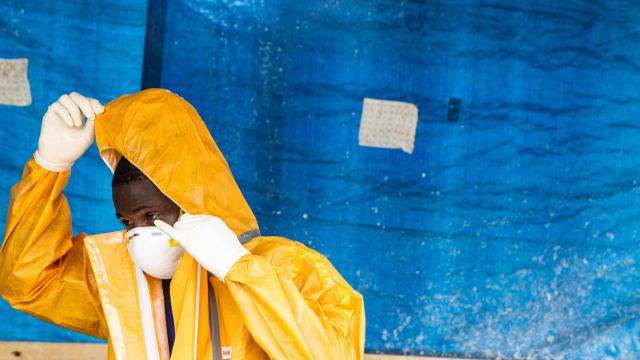A panel of independent health experts has published a report that explains how a slow international response and a lack of appropriate leadership in tacking the Ebola epidemic caused “needless suffering and death” across West Africa.
The team, made up of health experts from the Harvard Global Health Institute and the London School of Hygiene & Tropical Medicine, have published a report in The Lancet. It heavily criticises the World Health Organisation, claiming that it was too slow to declare the Ebola outbreak a public health emergency. It was five months between the Organisation being notified of the outbreaks by Guinea and Liberia and its official declaration of the epidemic being an emergency.
The report also claims hat the WHO failed to meet its key responsibilities in responding to the Ebola epidemic, and blames that on poor leadership and a lack of accountability. When it did finally take action, the authors claims that the Organisation was “slow to deliver funds and health workers, was inflexible in adapting to rapidly changing conditions on the ground, was inadequately informed about cultural factors relevant to outbreak control, and was poorly coordinated.”
The blame doesn’t lie squarely at the feet of the WHO, of course. In particular, the authors also note that the affected countries lacked the abilities to detect, report and respond to the first outbreaks of Ebola. That, compounded by the WHO’s slow response, is what caused Ebola to develop into such a significant crisis. In summary, the panel of experts write:
The human catastrophe of the Ebola epidemic that began in 2013 shocked the world’s conscience and created an unprecedented crisis. It exposed deep inadequacies in the national and international institutions responsible for protecting the public from the far-reaching human, social, economic and political consequences of disease outbreaks. The reputation and credibility of WHO has suffered a particularly fierce blow.
The panel doesn’t just criticise the response, though: the report also lays out a series of ten recommendations to “strengthen the global system for outbreak prevention and response.” They include preventative measures such as developing strategies and incentivisation for countries to invest in detection and reporting abilities; better streamlined process for a response at the international level; more effective capabilities for sharing data, knowledge, and technology; and more effective governance at all levels.
Over 11,000 people have died during the course of the outbreak, with Guinea, Liberia and Sierra Leone being the worst hit. While Sierra Leone was declared Ebola-free earlier this month, a new case of the disease was identified in Liberia just last week. With any luck, these recommendations will prevent such an awful outbreak occurring again in the future.
[The Lancet via BBC]
Image by UNMEER
